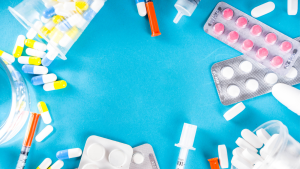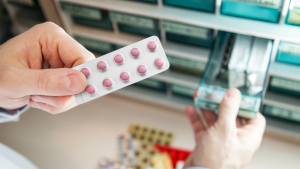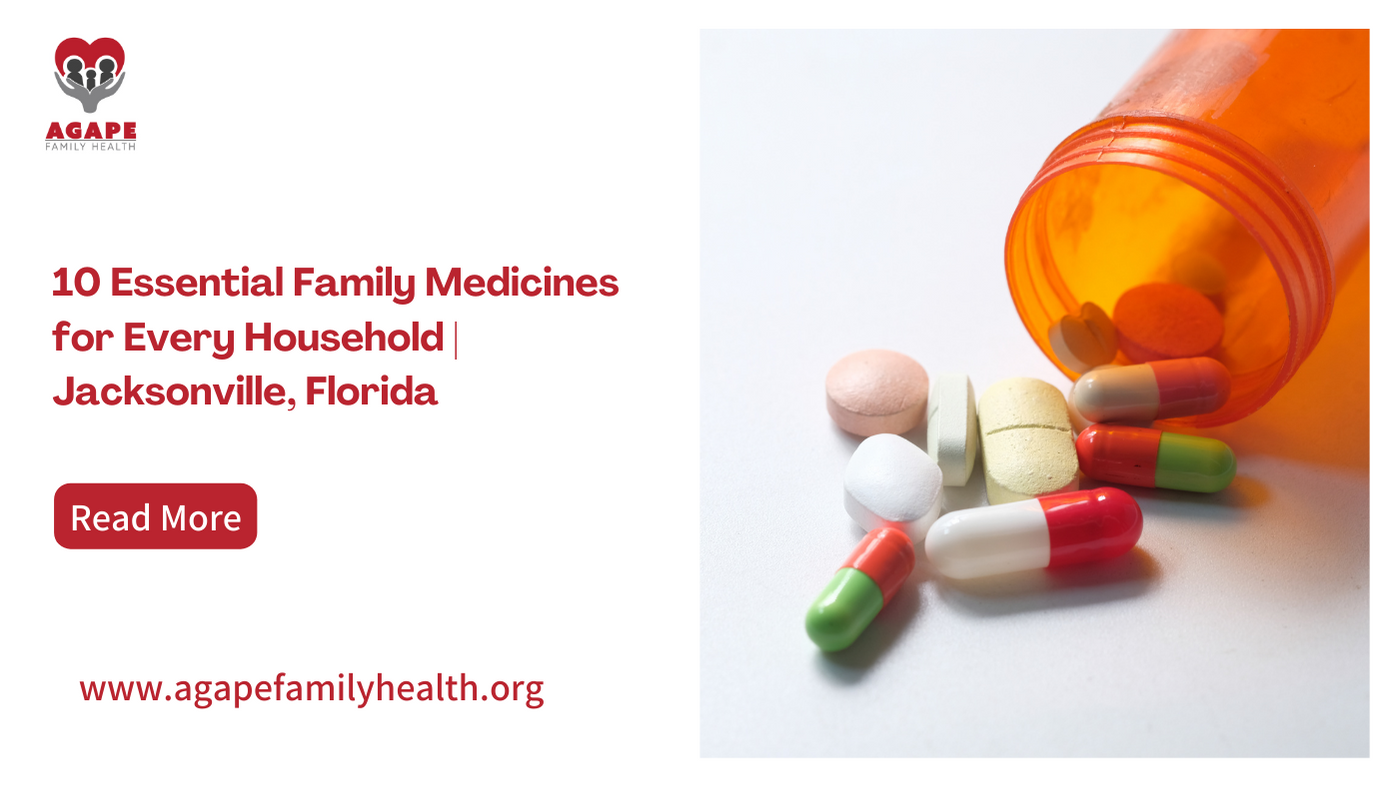Ensuring the well-being of our loved ones is a top priority, and having a well-stocked medicine cabinet is a crucial part of any household. From minor ailments to unexpected emergencies, having the right essential family medicines on hand can make a significant difference. In this article, we will highlight the top 10 essential family medicines that should be a part of every household, providing you with peace of mind and prompt relief when you need it most.
Essential Family Medicines To Stock At Home

1. Acetaminophen (Tylenol)
Acetaminophen is a staple in any medicine cabinet, serving as a reliable fever reducer and pain reliever for both children and adults. It can alleviate discomfort associated with headaches, muscle aches, toothaches, and cold symptoms. Remember to follow proper dosage instructions.
2. Ibuprofen (Advil, Motrin)
Ibuprofen is an effective nonsteroidal anti-inflammatory drug (NSAID) that helps reduce pain, inflammation, and fever. It is especially useful for relieving menstrual cramps, headaches, minor injuries, and common cold symptoms. As with any medication, adhere to the recommended dosage.
3. Antihistamines (Claritin, Benadryl)
Allergies and seasonal hay fever can strike unexpectedly. Antihistamines provide relief from sneezing, itching, and congestion caused by allergies. Non-drowsy options, like Claritin, are suitable for daytime use, while sedating antihistamines, such as Benadryl, can help with sleep disturbances due to allergies.
4. Antacids (Tums, Rolaids)
Acid reflux, heartburn, and indigestion are common occurrences for many individuals. Antacids neutralize excess stomach acid, providing quick relief from these uncomfortable symptoms. Keep a supply of antacids like Tums or Rolaids to ease occasional digestive distress.
5. Oral Rehydration Solution
Dehydration can happen due to illnesses, especially in cases of diarrhea or vomiting. An oral rehydration solution, such as Pedialyte, helps restore electrolyte balance and prevent dehydration. It is particularly important to have on hand if you have young children or elderly family members.
6. Adhesive Bandages
Minor cuts, scrapes, and blisters are bound to happen, especially in active households. Adhesive bandages are essential for protecting wounds from dirt and bacteria, aiding in their healing process. Ensure you have a variety of sizes to accommodate different injuries.
7. Thermometer
Monitoring body temperature is crucial when someone feels unwell. A reliable digital thermometer is a must-have for every household. It helps determine if a fever is present, allowing you to take appropriate measures and seek medical attention when necessary.
8. Antibiotic Ointment
Even small cuts and abrasions can become infected if not properly cared for. Antibiotic ointments, such as Neosporin, help prevent infection by killing bacteria and promoting healing. Apply a thin layer to clean wounds and cover with a bandage.
9. Saline Nasal Spray
Nasal congestion caused by allergies, colds, or sinusitis can be uncomfortable and affect breathing. Saline nasal sprays provide relief by moisturizing nasal passages and clearing congestion. They are safe for both adults and children and can be used multiple times a day.
10. Hydrocortisone Cream
Itchy skin irritations, such as insect bites, rashes, or eczema flare-ups, can be relieved with hydrocortisone cream. This over-the-counter corticosteroid cream reduces inflammation and soothes itching, providing relief until professional medical advice is sought.
Remember, while essential family medicines can provide relief for common ailments, it is important to seek professional medical advice when symptoms persist, worsen, or require specialized treatment.
How to Keep Safe Medicine at Home 
In addition to knowing which essential family medicines to have on hand, it is crucial to ensure the safety and proper storage of medications within your household. Here are some essential guidelines to follow:
Store Medications Securely
Keep all medicines, especially prescription drugs, in a secure location out of the reach of children and pets. Consider using a locked cabinet or a high shelf to prevent accidental ingestion or misuse.
Follow Expiration Dates
Regularly check the expiration dates on your medications. Discard any expired or unused medications promptly. Expired medications may not be as effective or could even pose potential health risks.
Maintain Original Packaging
Store medications in their original packaging to retain important information such as dosage instructions, warnings, and expiration dates. This ensures you have accurate information readily available when needed.
Keep Medications Dry
Moisture can deteriorate medications and render them ineffective. Store medications in a cool, dry place away from humid areas like bathrooms or kitchen sinks. Consider using moisture-absorbing packets in the storage area to further protect the medicines.
Use Child-Resistant Containers
Whenever possible, opt for medications in child-resistant packaging. This additional safety feature can help prevent accidental ingestion by curious children. Remember to reseal containers tightly after each use.
Dispose of Medications Properly
Safely dispose of expired or unused medications to prevent accidental ingestion or environmental contamination. Many pharmacies and local communities offer drug take-back programs, ensuring proper disposal of medications. If no take-back programs are available, follow specific disposal instructions or mix medications with unpalatable substances like coffee grounds or kitty litter before throwing them away.
Keep Medications Organized
Maintain a well-organized medicine cabinet or storage area to easily locate and access medications when needed. Consider using dividers or containers to separate different types of medications and label them accordingly.
Educate Family Members
Teach your family members, especially children, about the importance of medication safety. Explain that medications are not candy and should only be taken under adult supervision. Emphasize the potential dangers of ingesting medications without proper guidance.
Be Mindful of Interactions
If multiple family members are taking medications, be aware of potential drug interactions. Consult with healthcare professionals, such as pharmacists or doctors, to ensure the safe combination of medications and minimize any adverse effects.
Regularly Review and Update
Periodically review your medicine cabinet to ensure the contents are up-to-date, relevant, and in good condition. Take note of any medications that need refilling or replacing, and make adjustments as necessary.
By following these guidelines, you can maintain a safe and organized medicine storage area, reducing the risk of accidental ingestion, ensuring medication effectiveness, and promoting overall household safety.
Get Your Medicine From Agape’s On-Site Pharmacy
At Agape Family Health, we understand the importance of accessible and convenient healthcare services for you and your family. That’s why we are proud to offer an on-site pharmacy as part of our comprehensive healthcare facility. Our on-site pharmacy in Florida is designed to provide a seamless experience, ensuring you have easy access to the medications you need. Visit our on-site pharmacy to learn more about the services we offer.
Please note that the availability of on-site pharmacy services may vary. It is recommended to check with Agape Family Health for specific details and offerings.



